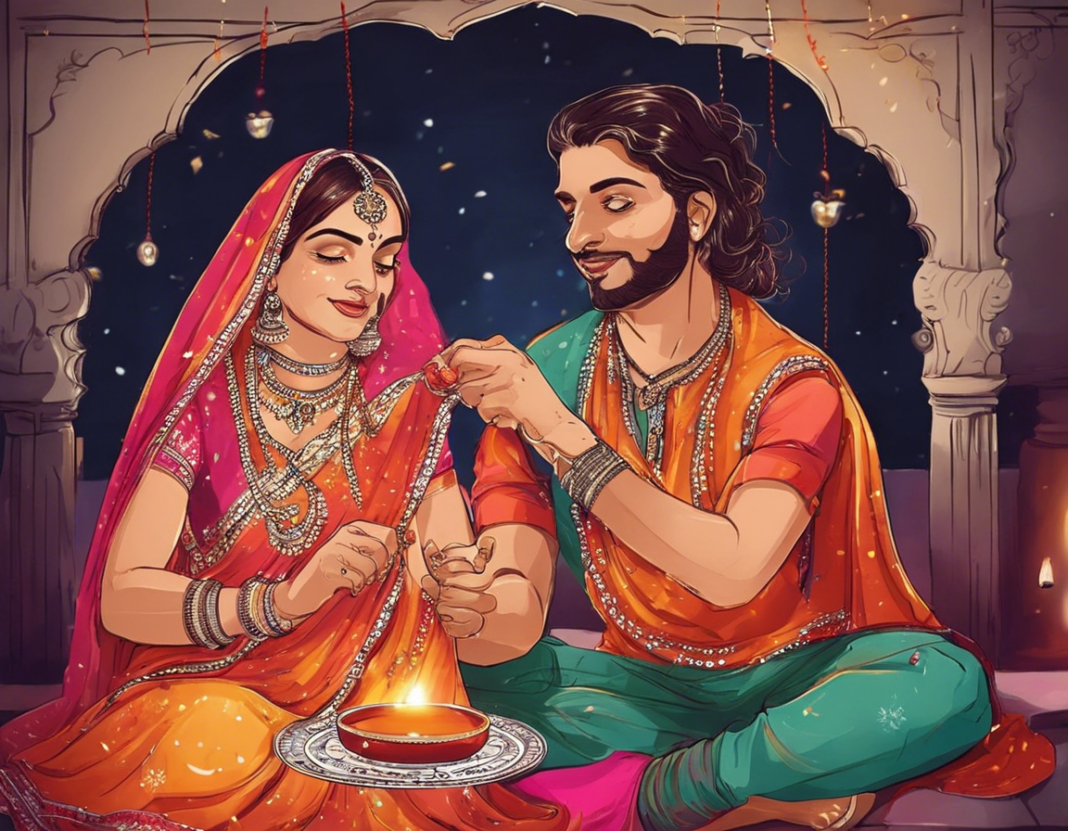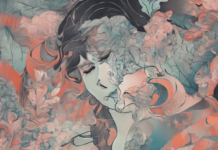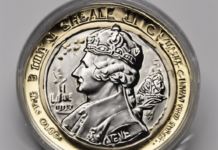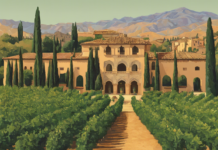Introduction
In the Indian subcontinent, the festival of Karva Chauth holds a special place in the hearts of married couples. This traditional festival celebrates the bond between husband and wife, symbolizing love, devotion, and marital bliss. Women fast from sunrise to moonrise for the longevity and well-being of their spouses, praying for their husbands’ health, prosperity, and longevity. To delve deeper into the significance and customs of Karva Chauth, let’s explore the origins, rituals, cultural impact, and modern-day interpretations of this revered festival.
Historical Origins
The roots of Karva Chauth can be traced back to ancient Indian legends and folklore. One popular tale is that of Queen Veervati. Legend has it that Veervati was a faithful and devoted wife who observed a rigorous fast on Karva Chauth for her husband’s well-being. Her devotion was so unwavering that it moved the gods, and they granted her husband a new lease on life. This story exemplifies the power of love and sacrifice inherent in the observance of Karva Chauth.
Rituals and Customs
Karva Chauth is predominantly a women-centric festival, with married women at the forefront of the celebrations. The day begins with a pre-dawn meal called Sargi, where mothers-in-law traditionally prepare a nutritious spread for their daughters-in-law to sustain them throughout the day of fasting. Married women then observe a fast from sunrise to moonrise, refraining from food and water as a symbol of their devotion. The fast is broken only after sighting the moon, and husbands partake in offering water and food to their wives, signifying gratitude and mutual love.
Significance and Symbolism
Karva Chauth is deeply rooted in the cultural fabric of India and holds immense significance for married couples. The festival is not just about fasting; it is a reaffirmation of the marital bond, mutual respect, and unwavering love between partners. Women view Karva Chauth as a solemn vow to protect and nurture their relationships, while men reciprocate by expressing appreciation for their wives’ sacrifices and dedication.
Cultural Impact and Modern Interpretations
In contemporary times, Karva Chauth has evolved beyond its traditional customs and taken on new meanings. While the essence of love and devotion remains central, the festival now witnesses a blend of tradition and modernity. Many couples view Karva Chauth as an opportunity to strengthen their emotional connection and spend quality time together amidst busy schedules. The festival has also become a symbol of solidarity among married couples, with both partners participating in the rituals and celebrations.
Celebrations and Festivities
Karva Chauth is a vibrant and joyous occasion, marked by colorful rituals and festivities. Women dress up in traditional finery, adorn themselves with intricate henna designs, and exchange gifts with family and friends. The evening prayer ceremony, known as the Karva Chauth Puja, is a pivotal moment where women come together to offer prayers for the well-being of their husbands. The sight of women holding decorative karvas (pots) filled with auspicious items adds to the festive spirit of the occasion.
FAQs (Frequently Asked Questions)
1. What is the significance of applying henna on Karva Chauth?
– Applying henna is considered auspicious and symbolizes marital love and devotion. It is believed to bring prosperity and good fortune to married couples.
2. Can unmarried women observe Karva Chauth fast?
– While Karva Chauth is traditionally observed by married women, unmarried women can also participate in the festivities to pray for their future spouses’ well-being.
3. Is it mandatory for all Hindu women to observe Karva Chauth?
– Karva Chauth is a voluntary fast observed by women who choose to express their love and devotion towards their husbands through this traditional ritual.
4. How has the portrayal of Karva Chauth in popular culture impacted its perception?
– The celebration of Karva Chauth in movies, TV shows, and social media has both romanticized and critiqued the festival, sparking discussions about gender roles and relationship dynamics.
5. Are there regional variations in the way Karva Chauth is celebrated across India?
– Yes, different regions in India have unique customs and traditions associated with Karva Chauth, reflecting the diverse cultural tapestry of the country.
Conclusion
In conclusion, Karva Chauth resonates as a timeless tradition that embodies the essence of love, sacrifice, and devotion in marriage. The festival serves as a poignant reminder of the cherished bond between husbands and wives, characterized by mutual respect, affection, and companionship. As society continues to evolve, Karva Chauth stands as a poignant reminder of the enduring values of commitment and togetherness that transcend time and boundaries.






